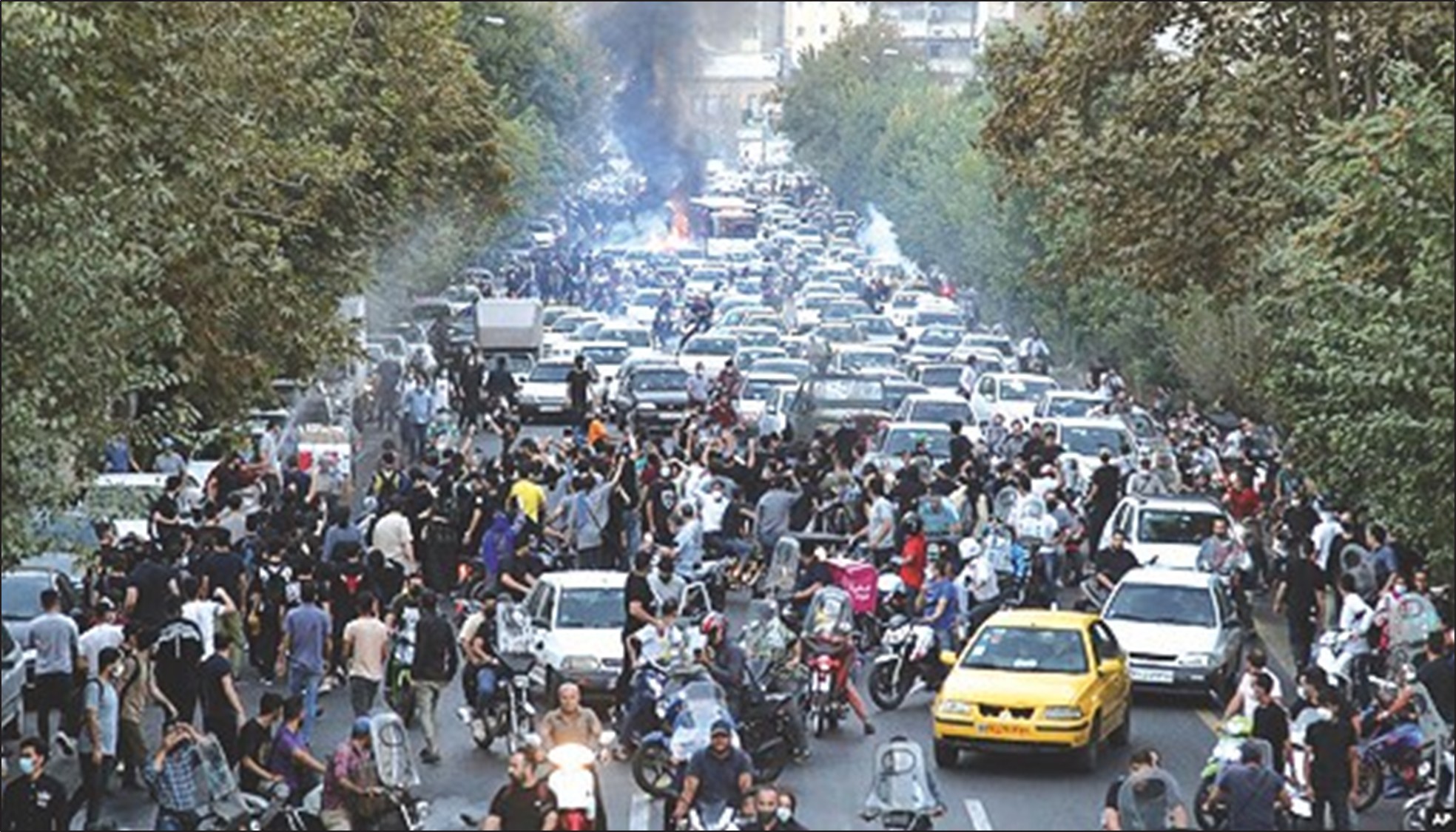October 11-13
by Michael Singh
In an Oct. 3 op-ed in The New York Times, Vali Nasr asserts that Iran is approaching the nuclear negotiations slated to resume Oct. 15 from a position of strength and that American ambitions should therefore be modest. He suggests limited sanctions relief in exchange for “concrete steps to slow down Iran’s nuclear program and open it to international scrutiny.” Nasr’s prescription, however, would provide neither U.S. President Barack Obama nor Iranian President Hasan Rouhani with what they need.
Iran is not riding nearly as high as Nasr, the dean of Johns Hopkins University’s School of Advanced International Studies, suggests, but is in fact under tremendous economic, political, and military pressure. The charming self-assurance projected by Rouhani and Foreign Minister Javad Zarif masks a desperate need to make a deal with the United States.
As much as if not more than other Middle Eastern countries, Iran’s security has been threatened by recent events in the region. The Syrian regime is Iran’s main ally and conduit for projecting power; it may have been granted a reprieve from American attack, but it is by no means secure. And Syria is just one part of a broader, increasingly sectarian regional struggle that has dented the once-high popular prestige of Iran and its proxies.
Furthermore, U.S. military credibility may be at low ebb, but Iran cannot discount U.S. and Israeli military threats. An attack by either would not only set back Iran’s nuclear efforts, but would expose the weakness of its military and the hollowness of its bombastic rhetoric.
Economically, Iran is suffering mightily. Iran’s oil revenues have dropped from $8 billion monthly in 2011 to just $3.4 billion today, much of which cannot be repatriated due to sanctions that require Iran’s customers to pay in local currency. Sanctions have also isolated Iran from the international financial system, contributing to high unemployment and inflation, stagnant economic growth, and a plummeting currency.
These pains come in the wake of Iran’s widespread 2009 political unrest, which was followed by the brutal suppression of dissidents and the marginalization of reformist politicians and even pragmatic conservatives. The regime’s repression was effective but had the effect of uniting a coalition of otherwise disparate political forces in opposition to hard-liners dominating the regime.
Rouhani’s election in June was a result of (or at least the supreme leader’s response to) these dynamics, but was not itself a solution to Iran’s domestic problems. In voting for Rouhani, the Iranian people overwhelmingly endorsed the platform of social and economic change on which he campaigned. But to deliver on his promises, Rouhani needs not merely the lifting of one or two sanctions, but broad relief from them. And thus, he needs our help.
Iran’s predicament provides Obama with both opportunity and leverage, neither of which should be squandered. But Rouhani will surely seek to alleviate Iran’s suffering at the minimum price to its nuclear options, offering transparency and confidence-building rather than far-reaching limits on Iran’s nuclear activities. The United States is susceptible to such arguments, as Washington wants not just to reach a nuclear agreement but to ease hostilities with Iran, and it is worried that the chance to do so may be fleeting.
But a limited nuclear agreement that leaves Iranian capabilities in place, even if subject to enhanced inspections, will not build confidence or stability. Inspections will raise tensions, not lower them, when Iran inevitably objects to inspectors’ desire for access to sensitive military sites or denies activities for which the United States has evidence, such as Iran’s weaponization work. Similar efforts with North Korea and Iraq in the 1990s and with Iran in the early 2000s eroded, rather than built, trust. And even if the United States chooses to trust Iran, its allies will not. Instead they will hedge their bets by matching the capabilities permitted to Tehran.
Furthermore, an agreement that leaves Iran’s nuclear fuel fabrication capabilities and weaponization research program in place will permit Tehran in the future — once economic and military pressures are safely relieved — to expel inspectors and resume its march toward nuclear weapons, as North Korea did in the early 2000s.
Avoiding this risk and opening space for a gradual improvement of U.S.-Iran ties and cooling of regional tensions will require an agreement that rolls back rather than simply halts the progress of Iran’s nuclear program, and it will require Tehran to come clean about its past nuclear work. In exchange, Washington should be prepared to offer broad relief from sanctions. Negotiating such an agreement will require a stiff spine from the Obama administration; the United States may need to increase the pressure on Iran even further and defer hopes of rapprochement until a sustainable nuclear accord is concluded.To paraphrase the Rolling Stones, neither Obama nor Rouhani may get what they want from nuclear talks — for Obama a historic diplomatic breakthrough, and for Rouhani the preservation of Iran’s nuclear options and capabilities — but with some effort each may get what he needs. For Rouhani, this is relief from the crushing burden of sanctions. For Obama, it is a strategic shift, not merely a tactical retreat, by Tehran.
Michael Singh is managing director of The Washington Institute.






















